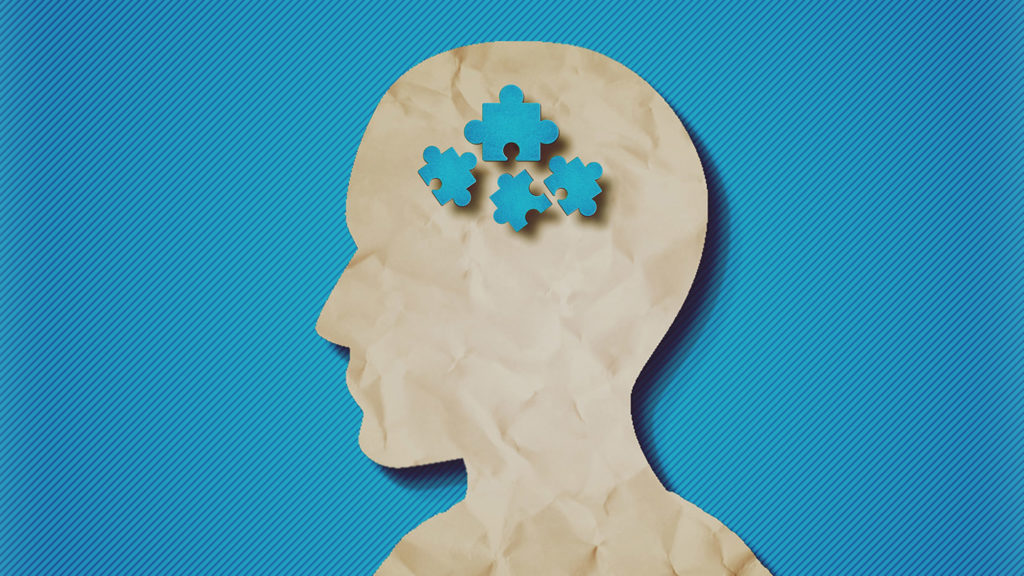
Integrating aging services, mental and physical health is key to improving the quality of life for older adults, says a mental health expert.
“In long-term care settings (e.g. home health care, adult medical day care, Assisted Living and nursing homes,” Kimberly Williams, president and CEO of Vibrant Emotional Health, said in pre-hearing testimony U.S. Senate Select Committee on Aging.
Williams was one of the mental health experts who testified Thursday in support of expanding opportunities to improve mental health services for older adults through care coordination and policy changes.
Among her recommendations, Williams said federal, state and local governments need to develop policies that allow seniors with mental disorders to live where they choose and provide housing alternatives for seniors who also have severe disabilities Program. , including supporting housing.
She said she also supports improving access to mental health and substance abuse services through home and community settings, including senior housing.
Sen. Bob Casey (D-PA), chairman of the committee, said many older adults “suffer in silence” because of the stigma associated with mental illness.
“The reality is that too many seniors today face broken systems and barriers that prevent them from getting the support they need,” Casey said.
Care Coordination
According to the Centers for Disease Control and Prevention, Williams testified that 20 percent of adults 55 or older have a diagnosable mental health and/or substance use disorder, including dementia.
She said that while much attention has been paid to older adults’ physical health and how social determinants of health affect quality of life, less is known about older adults’ mental health needs and how they affect quality of life. Socialeconomic and environmental factors influence overall mental health.
“For older adults, financial stability, food security and nutrition, accessible housing and social support are interlinked from the perspective of their impact on mental health,” Williams said, adding that older adults’ Mental health conditions are widely underrecognized by providers, caregivers and older adults themselves.
Other barriers to treatment include a lack of mental health professionals specializing in older adults’ mental health, a lack of family and community services, an over-reliance on institutional care and a lack of supportive housing alternatives to institutional care, she said.
Policy Initiatives
Dr. Erin Emery-Tiburcio, co-director of the Rush Center of Excellence on Aging at Rush University Medical Center, also supports the coordination of care across the continuum of health care and community organization. She also testified about expanding the behavioral health workforce trained to work with older adults and policies affecting access to care.
Emery-Tiburcio adheres to the self-directed movement—an alternative to traditional delivery and management of services—as a model for integrating elder care. The model is included in several states’ Medicaid programs or waivers.
Under the traditional system, seniors who need help with activities of daily living often have little choice in who to help, when or what support to provide, she said. The Self-Directed Model gives Medicaid recipients the option to choose their own workers and create a personalized budget to help them live more independently.
Emery-Tiburcio said, “Making self-direction a standard option for Medicaid and injecting it into a dual-eligibility plan are two ways the plan will impact more people and save a lot of money over the standard plan.”
She said many states have adopted the self-directing principle as part of their Money Followers Demonstration Program, which has helped many build programs to support the transition from agency to community. Many participating states have also developed housing-related services to help beneficiaries find affordable, accessible housing.
“These services are critical for older adults with severe mental illness and/or substance use disorders, especially those with limited resources dual qualification,” she says.
During the hearing, Casey and Ranking Member Sen. Tim Scott (R-SC) introduced bipartisan legislation — Advancing Medicare and Medicaid Act Integration – Expand state efforts to integrate Medicare and Medicaid benefits, including mental health care, for those receiving care through both programs. The bill aims to provide a more streamlined experience for low-income seniors and people with disabilities.
Casey also introduced Support states to integrate Medicare and Medicaid bills Provides funding for states to develop and implement Medicaid and Medicare integration plans.
A sort of $15 million grant program A Ph.D. from the Department of Health and Human Services may launch a new approach to delivering behavioral health care in U.S. nursing homes. Assisted living facilities are not eligible for this program.